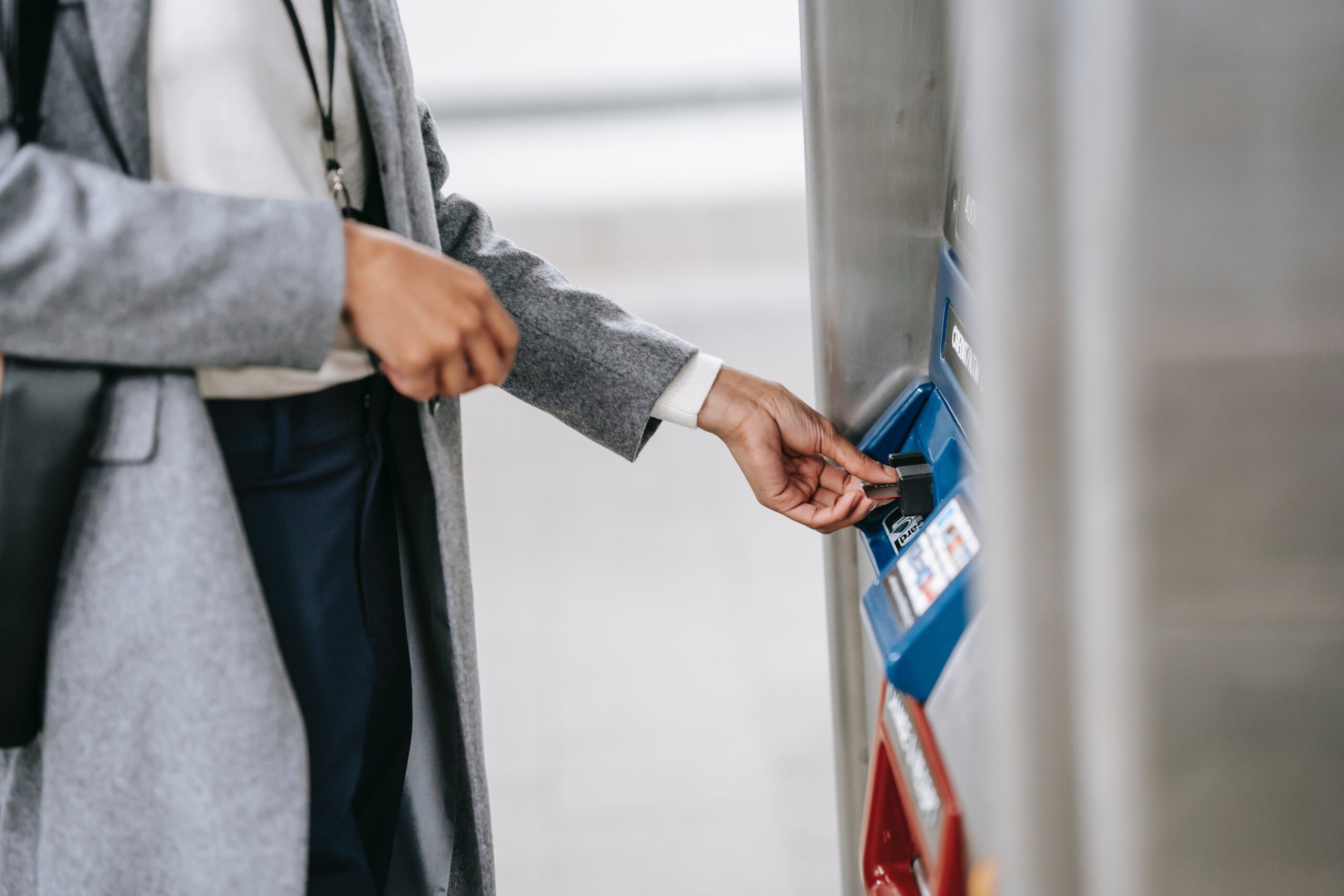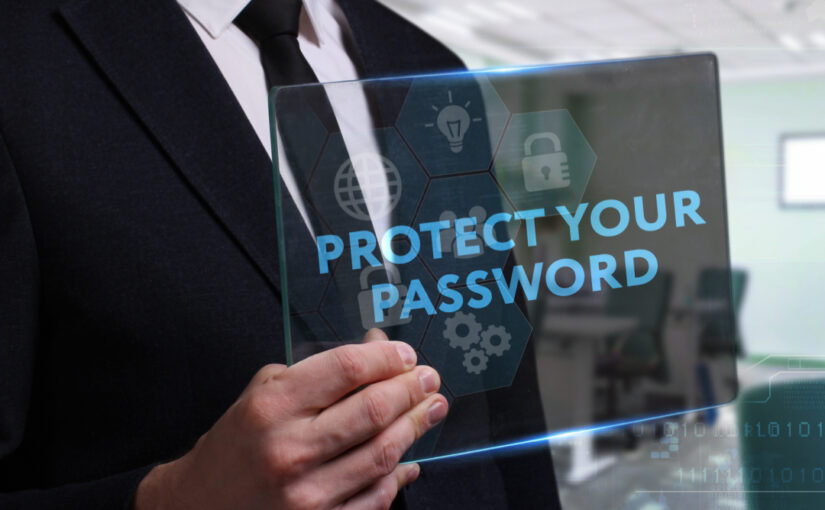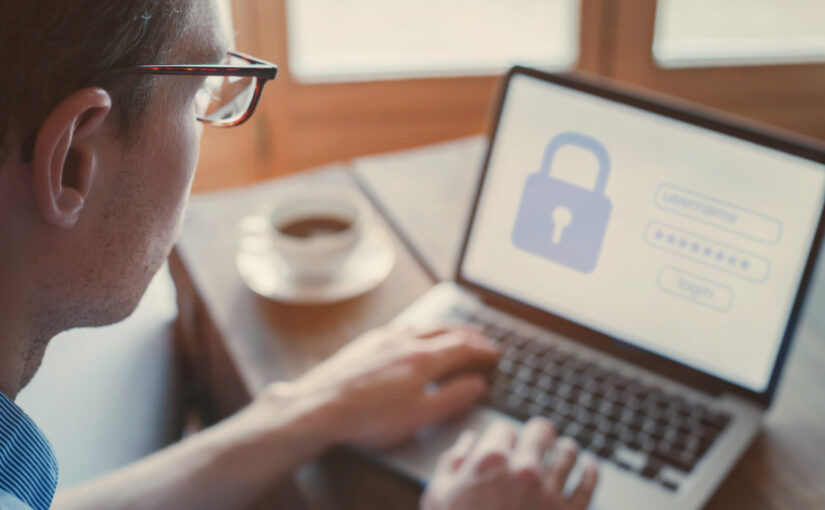Cybercrime is a serious problem that is only getting worse. But there are some things you can do to protect yourself.
Identity theft is a huge problem in today’s world. According to the 2017 Identity Fraud Study, cybercriminals stole $16.8 billion from 15.4 million U.S. consumers in 2016, which was a record high! That’s why it’s so important to protect yourself from identity theft. In this blog post, we will discuss 5 tips for preventing identity theft. Follow these tips and you’ll be much less likely to become a victim of cybercrime!
Tip #01: Keep Your Personal Information Private
One of the best ways to prevent identity theft is to keep your personal information private. That means being careful about what you share on social media, not sharing your passwords with anyone, and shredding any documents that contain your personal information before throwing them away.
iStratus can help. Our encryption software is the perfect way to secure all of the data you store on your phone. Read more about why and how you can use iStratus to encrypt photos, bank statements, and more all in one place.
Tip #02: Use Strong Passwords
Another important way to protect yourself from identity theft is to use strong passwords. A strong password should be at least eight characters long and include a mix of uppercase and lowercase letters, numbers, and special characters. Avoid using easily guessed words like “password” or your birthday.
And never reuse passwords! We know this one is hard. How in the world can you be expected to remember a different password for every account?
iStratus can help with this as well. By using our password vault to store your passwords, you are less likely to have them fall into the wrong hands. It also takes the stress out of trying to remember the dozens of passwords we all have to store in our heads.
Still not convinced? Consider this. If Facebook is hacked and the passwords are exposed, within minutes, a hacker can take that data and try to access your doctor records, bank accounts, and other financial data. Having a different password for each account helps protect you. We think it is well worth the extra effort.
Tip #03: Monitor Your Accounts Regularly
Another good way to prevent identity theft is to monitor your accounts regularly. Check your credit card and bank statements frequently for unauthorized charges and review your credit report at least once a year to look for any red flags. If you see anything suspicious, report it immediately.
The old saying, “what you don’t know, can’t hurt you,” no longer applies. Knowing what’s happening with your accounts is a good step towards good cyber hygiene.
Tip #04: Be Careful When Shopping Online
When shopping online, be sure to only shop on secure websites (look for the “HTTPS” in the URL). And never save your credit card information on a not secure website.
Also, beware of phishing scams, which are emails or websites that pose as a legitimate company in order to get your personal information. If you’re ever unsure about a website or email, contact the company directly to verify its authenticity. This happened last year when a fraudulent ad was posted on Facebook. The ad appeared to be a big saving on a very popular shoe. It was only when the shoes didn’t show up that customers became aware of the fraud.
Tip #05: Protect Your Devices
Identity thieves can also access your personal information through your devices, so it’s important to protect them as well. Install security software on all of your devices and keep it up-to-date. And be sure to create strong passwords for all of your devices as well!
By following these tips, you can help protect yourself from identity theft. Cybercrime is a serious problem, not just for big companies but for individuals as well. By taking some simple precautions, you can make it much less likely that you’ll become a victim. Stay safe out there!
Phew, that was a lot of information! But it’s all important stuff to keep in mind if you want to protect yourself from identity theft. Just remember: keep your personal information private, use strong passwords, monitor your accounts regularly, be careful when shopping online, and protect your devices. And of course, use the iStratus App to protect your passwords and encrypt your data. Do all of these things and you’ll be much less likely to have your identity stolen. Thanks for reading!


